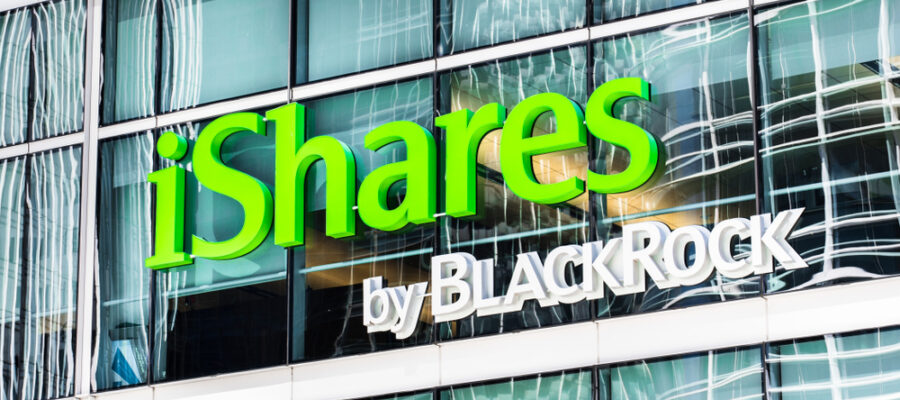As the crypto sector witnessed exciting growth and rapid changes in the adoption pattern, the XRP team was baffled by the November 14 price movement. The XRP price registered an impressive peak after an unknown person filed for “BlackRock iShares XRP Trust with the authority.
A revisit of the Department of State’s Division of Corporations website demonstrated that on November 14 at 2:30 pm ET, an unknown person submitted the “BlackRock iShares XRP Trust” filing that had similar features to the original iShares Ethereum Trust product that was submitted a couple of days ago.
Regulators Receive Fake BlackRock XRP Trust Filing
According to CoinMarketCap, the XRP established a strong recovery by increasing in double digits shortly after the filing. Commenting on the filing, the BlackRock team emailed that the “BlackRock iShares XRP Trust” was fake.
This update reversed the XRP bullish steam to trade at $0.6386, a 2.2% decrease within the last 24 hours. Reacting to the fake “BlackRock iShares XRP Trust” filing, the Office of the Secretary of State in Delaware condemned the act.
Guided by state law, regulators have reported the matter to the Department of Justice (DOJ) for further potential action. In a subsequent report, the BlackRock spokesperson restated that the Delaware Department of Justice was handling the case.
The spokesperson’s statement has created speculation among the XRP community. On X, some XRP users demanded to know the process involved in filing for the Trust and the verification process.
Procedure for Registering Investment Trust in the US
Reflecting on the guidelines provided by the Delaware State Department, registering a new venture involves seven steps. The troubled crypto enthusiast demanded to know the possibility of filing the “BlackRock iShares XRP Trust” through a fake name and entity.
According to the regulatory requirement defined by the State of Delaware, the new entity must be allowed to do business in the region. During the filing, the entity must provide personal information, including name and physical address.
At this stage, the regulators can retrieve and transfer the information from the database for the returning applicants. Unlike the new applicant the regulators does not require the returning clients to re-submit some of the information.
In a separate report, BlackRock managing director Daniel Schwieger updated on LinkedIn that, during the application of the fake filing, the regulators might have thought the application was from BlackRock due to the similarity with the previous applications.
Factors Contributing to Delays in Bitcoin ETF Approval
The fake application came when BlackRock had been waiting for the approval of its spot Bitcoin exchange-traded funds (ETF). Even though the US Securities and Exchange Commission (SEC) has been reluctant to approve the spot Bitcoin ETF filed, the BlackRock team has demonstrated its unwavering commitment to expanding its product offering.
In a recent report, the BlackRock team has filed for an Ethereum ETF dubbed iShares Ethereum Trust. The asset manager anticipates that if the regulators approve its iShares Ethereum Trust, the investors will gain exposure to Ethereum without necessarily purchasing the crypto asset.
However, the market regulators have delayed the approval of the Bitcoin ETF to ensure that the asset managers meet the compliance standards to prevent market manipulation. Despite the delays, prominent crypto analyst have remained optimistic that by Q1 of 2024, the regulator will approve the dozen Bitcoin ETF applications.
Editorial credit: Sundry Photography / Shutterstock.com
All trademarks, logos, and images displayed on this site belong to their respective owners and have been utilized under the Fair Use Act. The materials on this site should not be interpreted as financial advice. When we incorporate content from other sites, we ensure each author receives proper attribution by providing a link to the original content. This site might maintain financial affiliations with a selection of the brands and firms mentioned herein. As a result, we may receive compensation if our readers opt to click on these links within our content and subsequently register for the products or services on offer. However, we neither represent nor endorse these services, brands, or companies. Therefore, any disputes that may arise with the mentioned brands or companies need to be directly addressed with the respective parties involved. We urge our readers to exercise their own judgement when clicking on links within our content and ultimately signing up for any products or services. The responsibility lies solely with them. Please read our full disclaimer and terms of use policy here.

